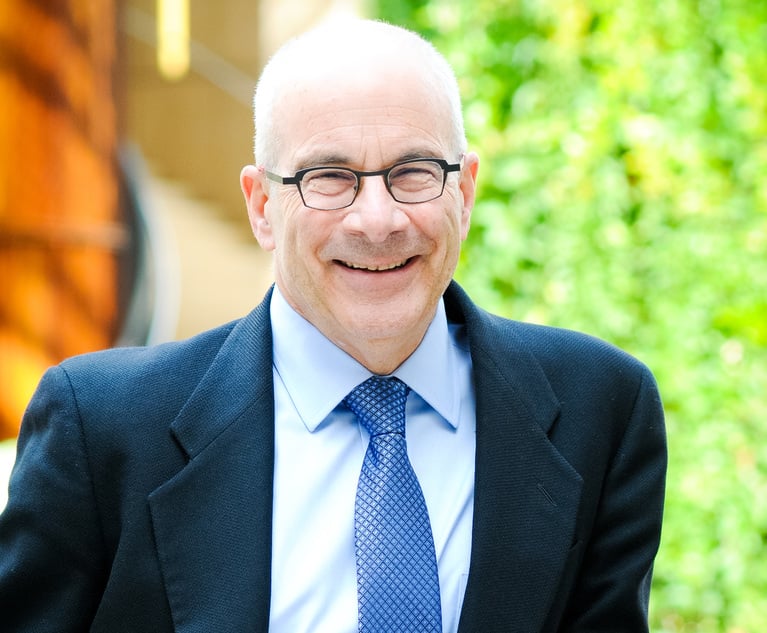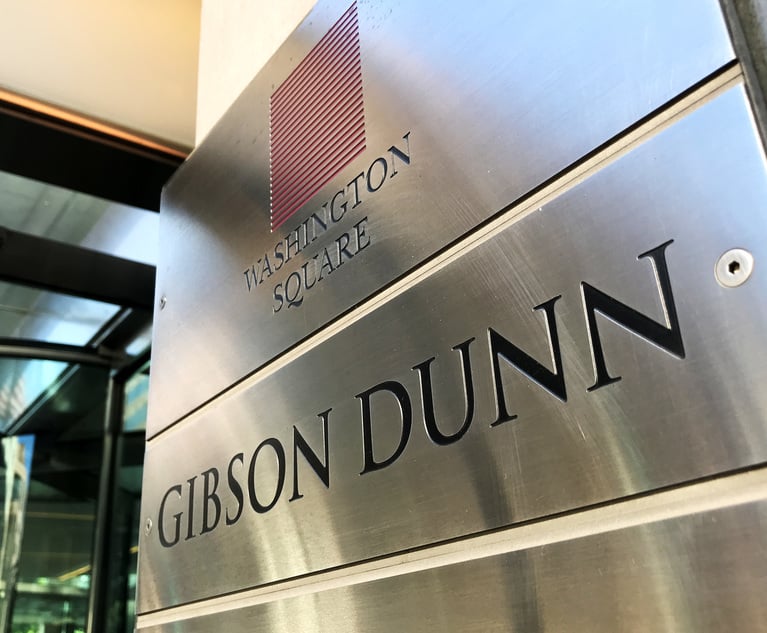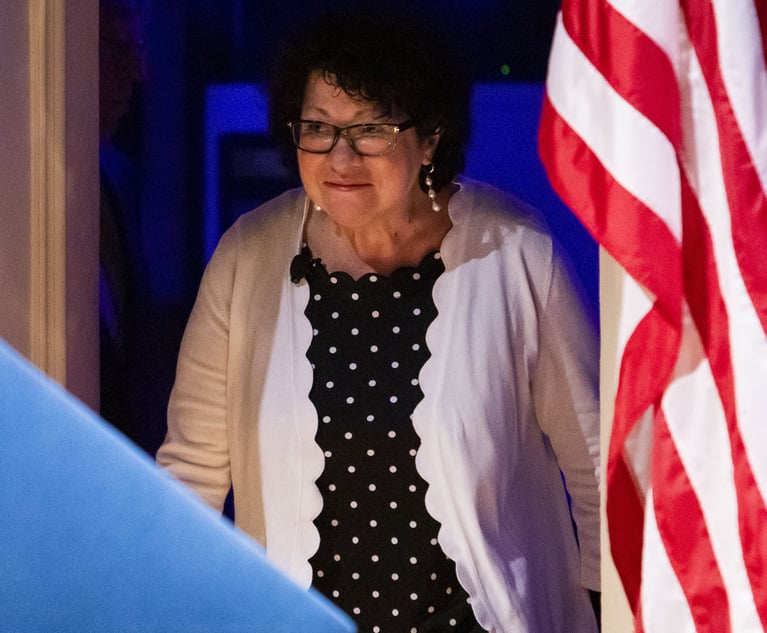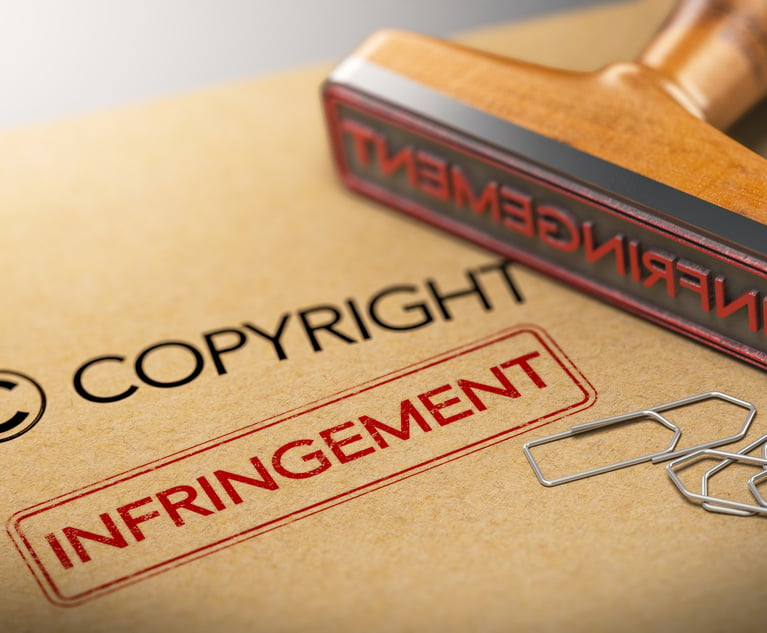Securities fraud class action defendants can face a steep challenge when rebutting the Basic presumption of reliance, which turns on whether the market for the securities at issue is efficient. This challenge was heightened following In re Petrobras Securities and Waggoner v. Barclays, where the Second Circuit diminished the prominence of direct evidence of price reaction when determining market efficiency. As a result of these decisions, a plaintiff in the Second Circuit may be able to carry its burden by relying solely on the indirect Cammer and Krogman factors.
Nonetheless, defendants may potentially limit their liability at class certification by isolating discrete portions of the class period for which there is no evidence of market efficiency. Brokop v. Farmland Partners, 2021 WL 4913970 (D. Colo. Sept. 30, 2021) is illustrative. There, the plaintiff’s expert selected 17 event dates throughout the class period for inclusion in his event study. However, the first six event dates, which comprised the first 274 days of the roughly two-and-a-half-year class period, showed no price movement. The court found that the market was not efficient during this time and narrowed the class period.


 Photo: iQoncept via Adobe Stock
Photo: iQoncept via Adobe Stock




